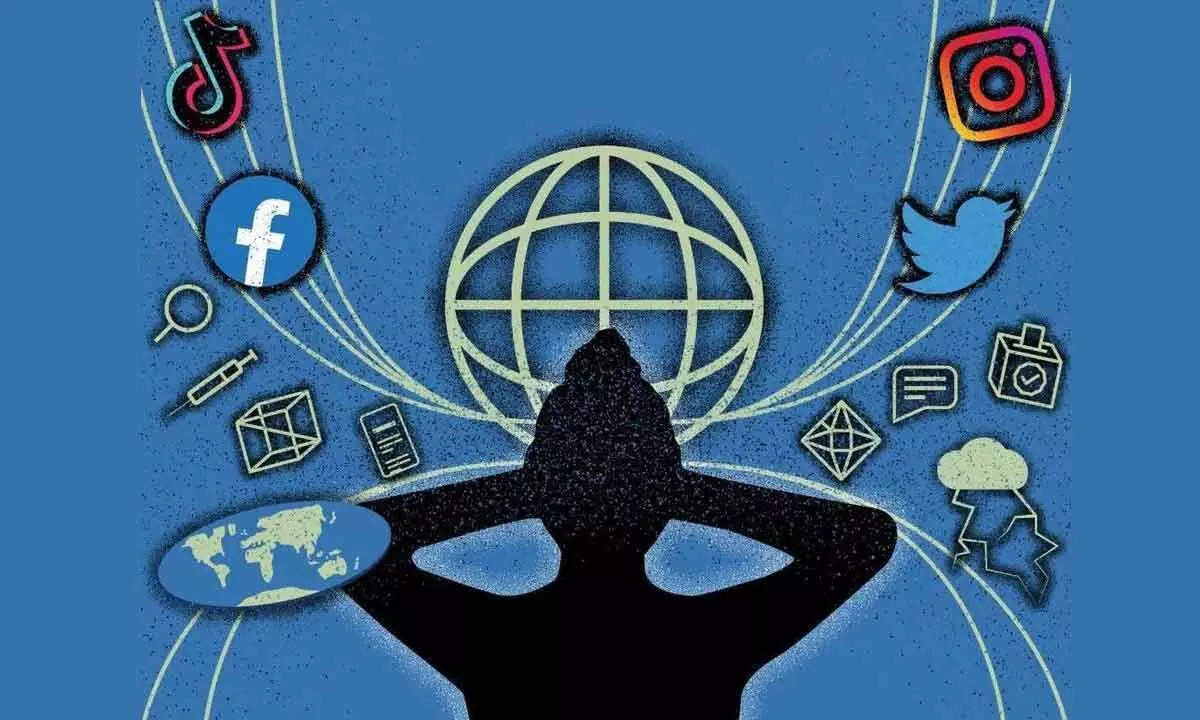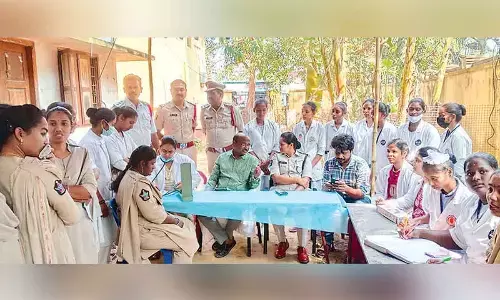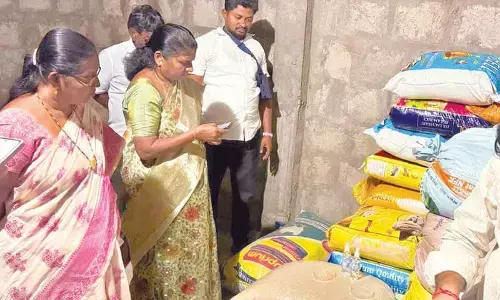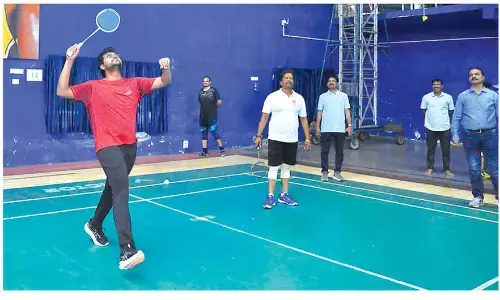Parallel wars on social media

Every country in principle accepts the value of free speech, but when it comes to practice, there are many exceptions as governments have to safeguard the overall interests of the nation. The Russia-Ukraine war scenario is a good example to judge whether curbs on imposed by governments on social media would bring about a meaningful solution. Soon, there were bans on Kremlin-backed media outlets from ordering advertisements on Facebook and YouTube, followed by a downpour of limitations aimed at regulating the Kremlin’s use of the Internet-driven social media for political and warfare advantage. The demands of various leaders from Ukraine and other countries that backed Ukraine have constrained even the social media giants such as Facebook and Twitter. Meta, YouTube and TikTok also banned Russian state media organizations during the dominant phase of the Russia-Ukraine warfare from using their platforms within the European Union.
Instruments of the State
Free speech advocates across the globe, including those from Russia, have raised their concerns over such restrictions imposed on Russia. This could lead to greater censorship not only in Russia but also in other non-democratic countries, thereby putting the freedom of media at stake. Not only there is a ban, social media has even forced to be an instrument of the state. Videos of battles and bombings, memes and messages about the conflict flooded the social media, serving to drive the interests of the state. In doing so, due to their scale and power, social media was sought to be turned into instruments of information warfare, which was hitherto limited to conventional propaganda. Their turning ideological platforms earlier could be gleaned from anti-government protests such as Arab Spring uprisings in 2011, Euromaidan in Ukraine.
Sock Puppets
At the opening of the conflict, palpable strategic communication in action was seen — over such networking sites as Twitter and YouTube, shadowy sock puppets released an intercepted phone conversation between two top brass of the US. This incident has given rise to both a methodological exploit of an information system and a psychological attack on the West employing social media for inadvertent purposes.
The plot of Russia has been closely scripted and disseminated — both on traditional media and on the Internet through social media networks. On social media, pro-Russian deliberations thoroughly cultured fear, anxiety, and hate among the masses. The sock puppets have fabricated and circulated images of alleged mayhems by the Ukrainian army, including mass graves of tortured people, recruiting child soldiers, noncombatants used for organ trafficking, burning crops to create a dearth, the use of heavy weapons against civilians, and acts of cannibalism.
According to Peter Suciu, who writes for Forbes, a disinformation monitoring platform Cyabra has announced that it had tracked more than 1,15,000 Twitter and Facebook accounts after the invasion of Russia on Ukraine. Notably, all these accounts were spreading Russian propaganda.
Indubitably, the Russia-Ukraine conflict has seen a parallel war recounting on the global platform through social media — with a high level of disinformation being disseminated and shared on social networking sites. The eventual result is — the growing maelstrom of information that not only confused and contorted but also clouded the happenings. Given this and the role that social media sock puppets play in the spreading of information, social media platforms need to have authentic gatekeepers of information.
(Writer is an Air veteran turned independent researcher and author of more than 20 Mass Media Books)









